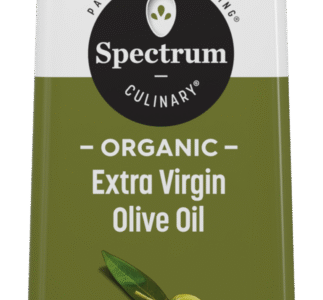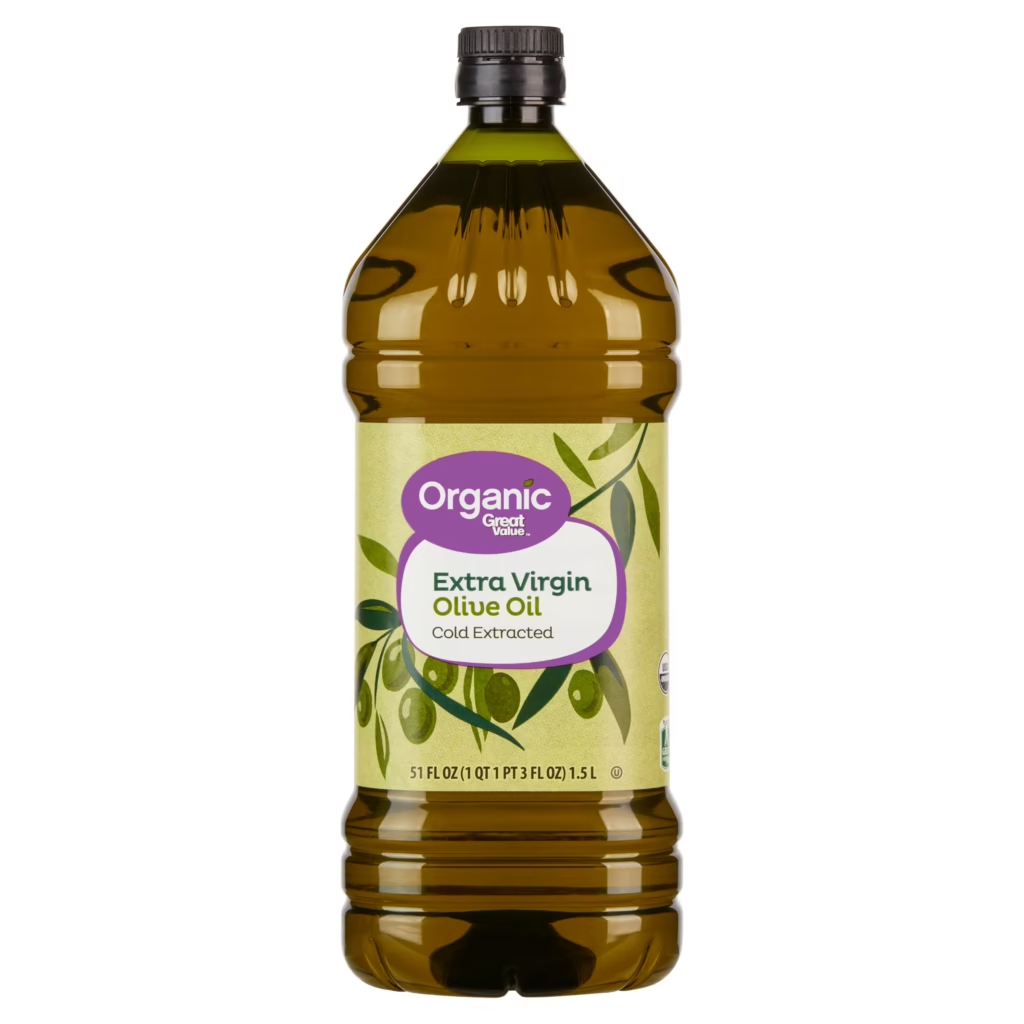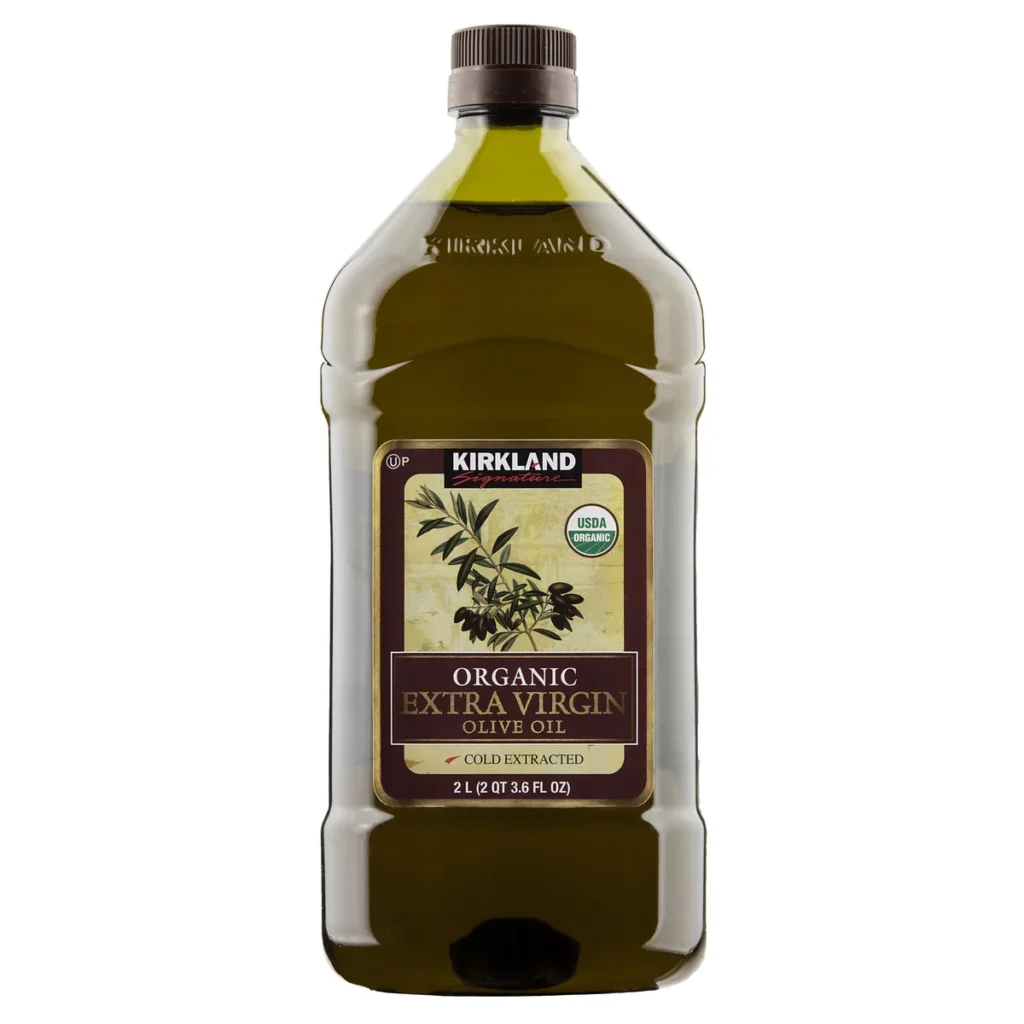Organic Extra Virgin Olive Oil: Unveiling Health Secrets

Introduction to Organic Extra Virgin Olive Oil
Organic Extra Virgin Olive Oil. This golden elixir isn’t just any oil; it’s a powerhouse of flavor and health benefits. Picture the rich, fruity aroma that envelopes your senses as you drizzle it over a fresh salad or sizzling pan.
It not only elevates your meals but also nourishes your body with essential nutrients. Why settle for less when you can indulge in the purest form of olive oil? By choosing organic extra virgin, you’re not only supporting sustainable farming practices but also ensuring that your meals are free from harmful chemicals. The journey of this oil from the sun-kissed groves to your table is a testament to quality and care. Curious about how this luxurious oil can enhance your lifestyle and well-being? Stay with us as we delve into the world of Organic Extra Virgin Olive Oil. Discover its myriad benefits, learn how to select the best quality, and explore creative ways to incorporate it into your daily routine. You’re just a few paragraphs away from unlocking a world where taste meets health.

Origins Of Organic Extra Virgin Olive Oil
Organic Extra Virgin Olive Oil is not just a kitchen staple; it’s a journey through history. This remarkable oil has a rich heritage, deeply rooted in ancient civilizations. The story of how olives are transformed into this golden elixir is as captivating as its taste. Understanding its origins can enhance your appreciation for every drop you use.
Origins Of Olive Cultivation
The cultivation of olives dates back thousands of years. Early evidence suggests it began in the Mediterranean basin around 6,000 years ago. Olives were first grown in regions like Crete and Syria, where they became vital for trade and daily sustenance.
Imagine standing in an ancient grove, surrounded by trees that have witnessed history unfold. These trees have been nurtured by generations, each contributing to the unique flavor profile of the oil you enjoy today.
Development Of Organic Extra Virgin Olive Oil Extraction
As civilizations advanced, so did olive oil extraction techniques. Ancient Greeks and Romans refined methods to press olives, enhancing the oil’s purity and taste. They recognized its value not only as food but also for medicinal and religious purposes.
Picture yourself in an ancient Roman villa, where the aroma of fresh oil fills the air. This oil was a symbol of wealth and health, cherished by those who understood its significance.
Transition To Organic Practices
The shift to organic olive oil production is a relatively recent development. As awareness about health and environmental sustainability grew, so did the demand for organic products. This transition ensures that the oil is free from pesticides and chemicals, preserving its natural goodness.
Think about the impact of choosing organic. It’s not just about better taste; it’s a commitment to supporting practices that respect the earth. Your choice can drive positive change in agriculture.
The Role Of Climate And Geography
The Mediterranean climate plays a crucial role in olive cultivation. Warm, dry summers and mild winters create the perfect environment for olive trees to thrive. The soil, rich in minerals, contributes to the distinctive taste of the oil.
Consider the influence of geography on flavor. An olive grown in Italy will taste different from one in Spain. This diversity is a testament to the unique characteristics each region imparts to the oil.
As you drizzle Organic Extra Virgin Olive Oil over your salad, pause and ponder: How many people, places, and practices were involved in bringing this bottle to your table? Each drop is a testament to a rich legacy, one that you are now a part of. Dive into the world of olive oil, and let its history enrich your culinary experiences.
Production Process of Organic Extra Virgin Olive Oil
The journey of producing Organic Extra Virgin Olive Oil is intricate. It involves various stages from cultivation to extraction. Each step ensures the oil’s rich flavor and high quality. Understanding this process can enhance appreciation for this liquid gold.
Cultivation Methods
Organic olive groves follow sustainable practices. Farmers use natural fertilizers to enrich the soil. They avoid synthetic chemicals to protect the environment. This method ensures healthy olive trees and rich, flavorful fruits.
Harvesting Techniques
Harvesting olives is an art. Farmers pick olives by hand or use mechanical shakers. Timing is crucial. Green olives yield a different flavor than black ones. The method preserves the olives’ integrity, ensuring quality oil production.
Extraction Process
The extraction process begins soon after harvesting. Fresh olives are cleaned and crushed into a paste. Cold pressing extracts the oil without heat, retaining nutrients. This results in a pure, aromatic extra virgin olive oil.
Nutritional Profile of Organic Extra Virgin Olive Oil
Organic Extra Virgin Olive Oil is a staple in many kitchens. It’s cherished for its rich flavor and numerous health benefits. Understanding its nutritional profile can help you make informed dietary choices. This section explores the vital nutrients found in this golden oil.
Rich In Healthy Fats
Extra Virgin Olive Oil contains mostly monounsaturated fats. These fats are considered heart-healthy. They help reduce bad cholesterol levels. This can lower the risk of heart disease. Monounsaturated fats are also known to provide energy. They play a role in cell maintenance.
Antioxidant Properties
Organic Extra Virgin Olive Oil is packed with antioxidants. These compounds fight free radicals in the body. Free radicals can cause cell damage. Antioxidants help protect cells and support overall health. They also have anti-inflammatory effects. This can help reduce chronic inflammation.
Vitamins And Minerals
This oil is a source of essential vitamins. Vitamin E is abundant in olive oil. It supports skin health and immune function. Olive oil also contains Vitamin K. This vitamin is important for blood clotting. It helps maintain strong bones. Additionally, trace minerals like iron and potassium are present. These minerals support various bodily functions.

Health Benefits of Organic Extra Virgin Olive Oil
Organic extra virgin olive oil is more than a kitchen staple. It is a powerhouse of health benefits. This golden liquid offers a range of advantages for your body. From enhancing heart health to nourishing skin and hair, its benefits are vast.
Heart Health
Olive oil is great for your heart. It is rich in healthy fats. These fats help lower bad cholesterol. This reduces the risk of heart disease. Consuming olive oil may also help maintain healthy blood pressure. Enjoying a diet with olive oil can lead to a healthier heart.
Anti-inflammatory Effects
Chronic inflammation can harm your body. Olive oil contains antioxidants that fight inflammation. These antioxidants, like oleocanthal, work like anti-inflammatory drugs. Reducing inflammation helps protect your cells and tissues. It may also lower the risk of various diseases.
Skin And Hair Care
Olive oil is not just for eating. It is a natural beauty aid. It moisturizes the skin, keeping it soft and smooth. The antioxidants also help fight signs of aging. For hair, olive oil can add shine and strength. It nourishes and conditions, making hair healthy and vibrant.
Cooking And Usage Tips
Organic Extra Virgin Olive Oil is a kitchen staple that can elevate your culinary creations with its rich flavor and health benefits. Whether you’re sautéing vegetables or drizzling it over a fresh salad, understanding how to use and store this liquid gold can enhance its taste and longevity. Let’s dive into some practical tips to make the most of your olive oil.
Best Practices For Cooking
When cooking with Organic Extra Virgin Olive Oil, keep the heat low to medium. High temperatures can break down its beneficial compounds and alter its flavor. Picture this: you’re cooking a delicate fish. A gentle sauté with olive oil preserves the fish’s texture and enhances its taste, rather than overpowering it.
Consider using olive oil for finishing dishes. A final drizzle over pasta or roasted veggies adds a burst of flavor. It’s a simple trick that chefs swear by.
Experiment with raw applications. Try making a homemade vinaigrette or dipping bread in olive oil with herbs. It’s a delicious way to savor its pure taste.
Storage Recommendations
Store your olive oil in a cool, dark place. Light and heat can degrade its quality. A pantry or cupboard is ideal.
Use a dark glass bottle or stainless steel container. This protects the oil from light exposure, preserving its flavor.
Always seal the bottle tightly. Exposure to air can lead to oxidation, affecting both taste and nutritional content.
Pairing With Foods
Think about pairing olive oil with fresh produce. Tomatoes, leafy greens, and avocados are perfect companions, enhancing their natural flavors.
Imagine drizzling it over a bowl of hummus. The creaminess paired with olive oil’s richness creates a delightful texture.
Try it with grilled meats. Olive oil adds a subtle flavor that complements the smokiness of the grill. Have you tried marinating chicken in olive oil, lemon, and herbs? It’s a game-changer.
How will you incorporate these tips into your cooking routine? Embrace the versatility of Organic Extra Virgin Olive Oil and let it transform your meals. What new flavors will you discover?
Choosing The Best Olive Oil
Choosing the best olive oil can transform your culinary experiences, adding rich flavors and health benefits to your dishes. But with so many options available, how do you ensure you’re selecting the right one? Let’s dive into the essentials that can guide you in picking the perfect organic extra virgin olive oil.
Label Reading
Understanding olive oil labels is crucial. Look for terms like “extra virgin” which indicates the oil is of the highest quality, obtained through cold pressing without chemicals. Check for certifications from reputable organizations. These certifications can assure you of the oil’s purity and authenticity.
Avoid oils labeled simply as “olive oil” or “pure olive oil” as they may be a blend of refined oils. Always check for the harvest date. Freshness matters, and a recent harvest date indicates a fresher product.
Quality Indicators
Quality indicators go beyond labels. Pay attention to the color and smell of the oil. A vibrant golden-green hue and a fruity aroma are signs of high-quality olive oil. Taste is another critical factor. High-quality oils should taste fresh, with a slight peppery finish.
Consider the region of production. Some areas, like Italy and Greece, are renowned for their exceptional olive oils. Each region has unique characteristics that influence the oil’s taste and quality.
Price Vs. Value
Price can be misleading, but it’s an important consideration. While expensive oils often reflect higher quality, they might not always be the best value for your needs. Compare prices and consider what you’re getting for your money.
Ask yourself: Does this oil enhance your cooking, or is it just a fancy label? Sometimes, a mid-range priced oil can offer excellent quality that fits your budget. Don’t let price dictate your choice; let the quality speak for itself.
Next time you’re shopping for olive oil, remember these tips. Selecting the right olive oil is not just a purchase; it’s an investment in flavor and health. Have you tried different brands and noticed the difference in taste and aroma? Share your experiences and let us know what you look for in an olive oil!
Environmental Impact of Organic Extra Virgin Olive Oil
Organic Extra Virgin Olive Oil is more than a kitchen staple. Its production influences our planet. Understanding its environmental impact is crucial. From farming practices to global trade, it shapes our ecosystems.
Sustainable Farming
Sustainable farming reduces harm to the environment. Organic olive farms avoid synthetic pesticides and fertilizers. This keeps soil and water clean. Farmers use natural methods for pest control. Crop rotation and companion planting help maintain soil health. These practices protect the earth’s resources.
Biodiversity Support
Organic olive oil production supports biodiversity. Diverse plant life flourishes on organic farms. Insects and wildlife find safe habitats. Bees thrive without harmful chemicals. This boosts pollination and ecosystem balance. Organic practices ensure a rich variety of life.
Local Vs. Global Production
Local production lessens environmental impact. It reduces transportation emissions. Buying local supports nearby farmers. Global production may involve long-distance shipping. This increases carbon footprints. Supporting local can be eco-friendly and community-driven.
Common Myths And Misconceptions
Organic extra virgin olive oil is loved for its taste and benefits. Yet, several myths surround this golden liquid. These misconceptions often confuse consumers. Let’s clear the air and set the record straight on some common myths.
Misunderstood Health Claims
Many believe olive oil cures all diseases. It is indeed healthy, but not a miracle cure. It supports heart health and reduces inflammation. Yet, it is not a substitute for medicine. Always consult a doctor for serious health issues.
Another myth is that olive oil causes weight gain. In moderation, it fits well in a balanced diet. Its healthy fats are good for the body. Portion control is key to enjoying its benefits without weight concerns.
Purity And Authenticity
Some think all olive oils are pure. This isn’t always true. Not every bottle labeled “extra virgin” meets the standard. Quality varies based on production methods. Always check for certifications and source details.
Another misconception is about the color. People assume darker oils are purer. Color doesn’t determine quality. It varies by olive type and harvest time. Focus on taste and origin for authenticity.
Choosing the right olive oil is crucial. Avoid falling for myths. Understanding its real benefits enhances culinary experiences.

Frequently Asked Questions on Organic Extra Virgin Olive Oil
Is It Better To Buy Organic Extra Virgin Olive Oil?
Yes, buying organic extra virgin olive oil is better. It contains fewer pesticides and retains more nutrients. It offers superior taste and supports sustainable farming practices. Choose organic for a healthier option and environmental benefits.
Is Organic Extra Virgin Olive Oil Healthy?
Yes, organic extra virgin olive oil is healthy. It contains antioxidants and healthy monounsaturated fats. Regular consumption supports heart health, reduces inflammation, and may protect against chronic diseases. Always choose high-quality, certified organic options for the best benefits.
What Brand Of Olive Oil Is 100% Pure?
California Olive Ranch and Kirkland Signature offer 100% pure olive oil. Always check labels for authenticity.
Which Is The Best Quality Extra Virgin Olive Oil?
The best quality extra virgin olive oils include brands like California Olive Ranch, Colavita, and La Tourangelle. Always choose oils with low acidity, fresh taste, and organic certification. Look for dark bottles to preserve quality and check for the harvest date to ensure freshness.
Conclusion to Organic Extra Virgin Olive Oil
Organic extra virgin olive oil offers many health benefits. It enriches dishes with flavor and nutrition. Its pure form ensures quality and taste. Using this oil supports heart health and boosts antioxidants. Choosing organic options promotes sustainability and supports local farmers.
This oil is versatile in cooking, enhancing salads, pastas, and more. It’s a smart choice for health-conscious individuals. Incorporate it into your daily meals for a wholesome diet. Enjoy its rich taste and reap its benefits. Make it a staple in your kitchen today.
Live healthier with every drop.




Leave a Reply